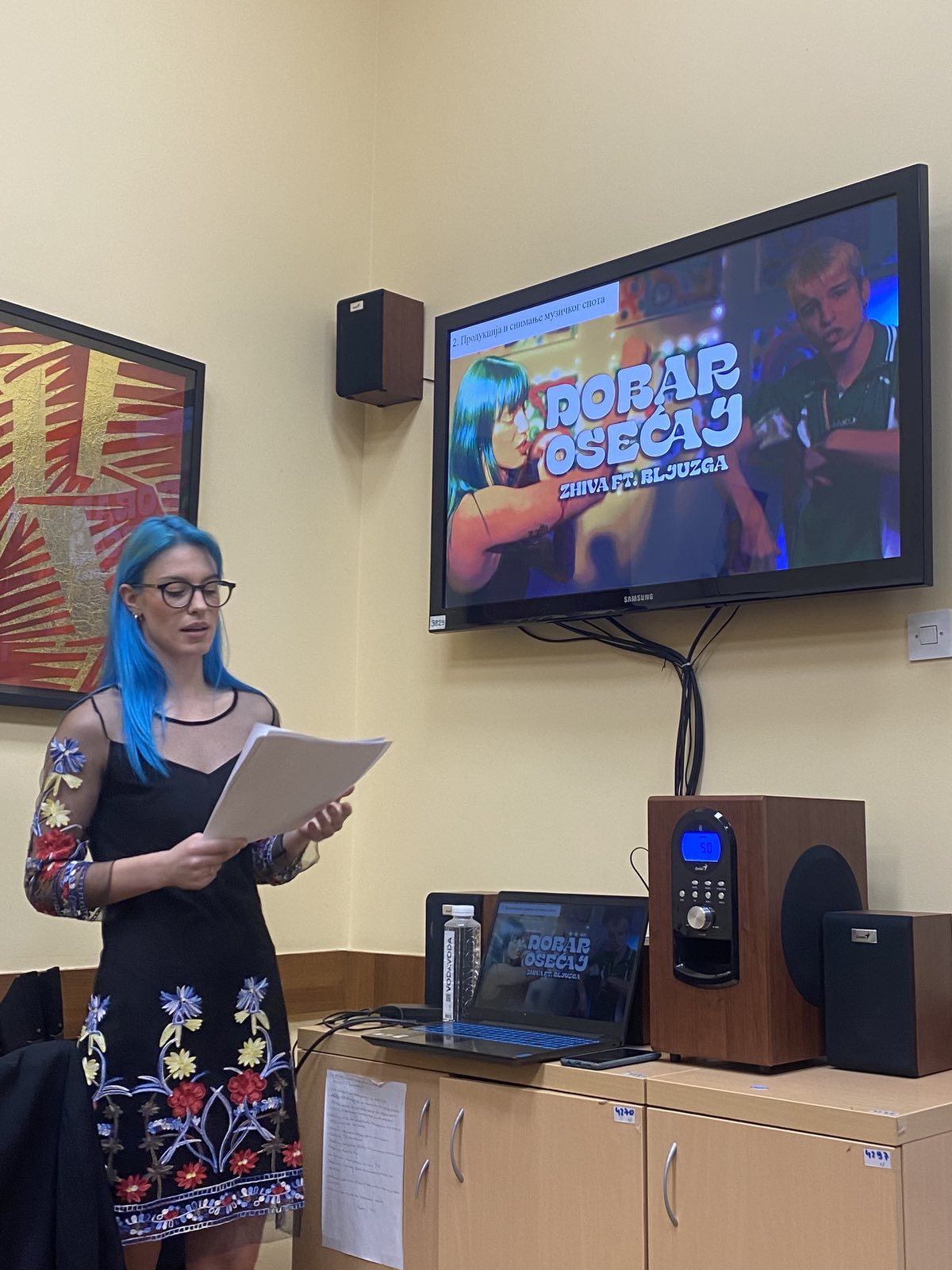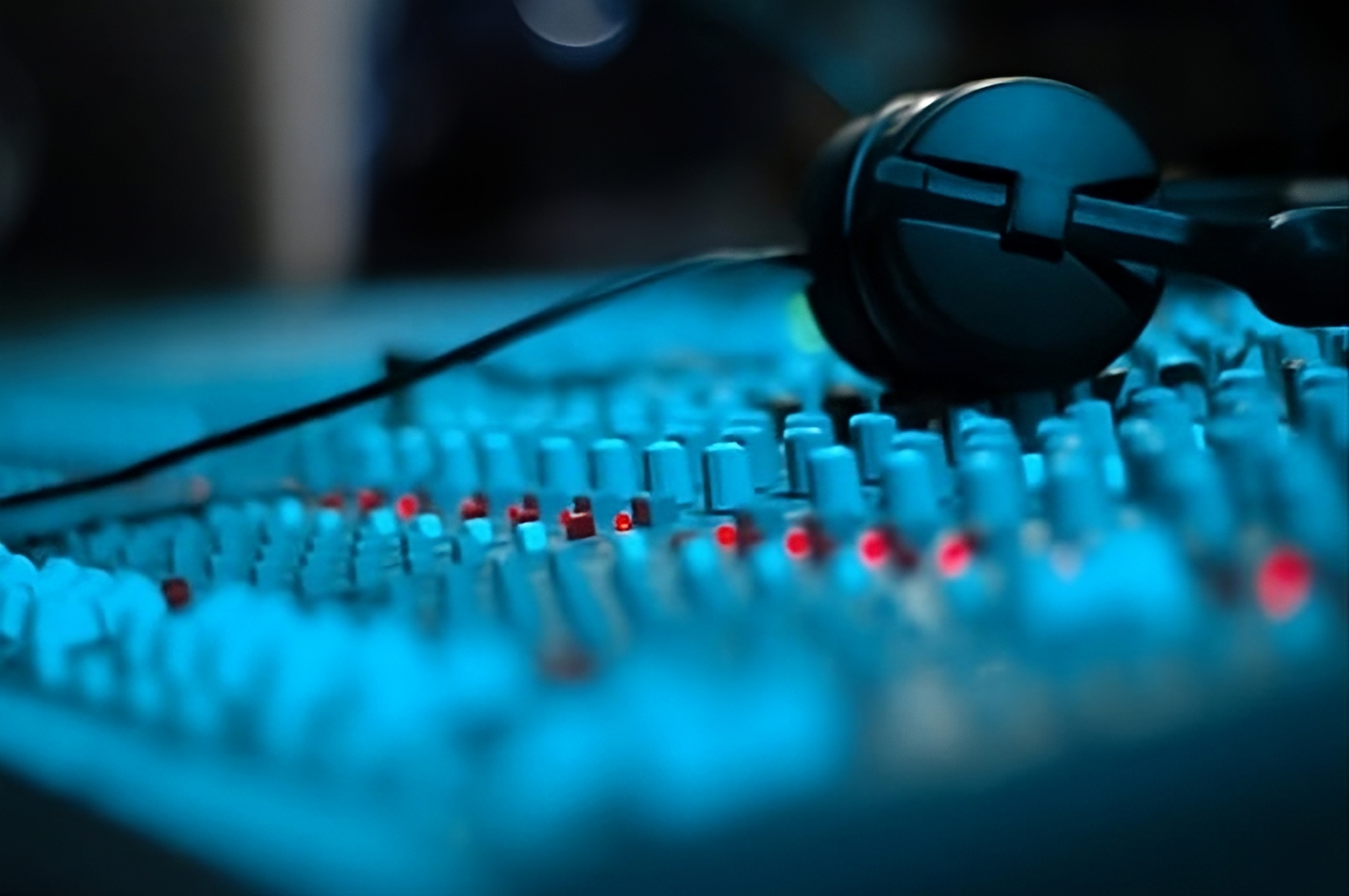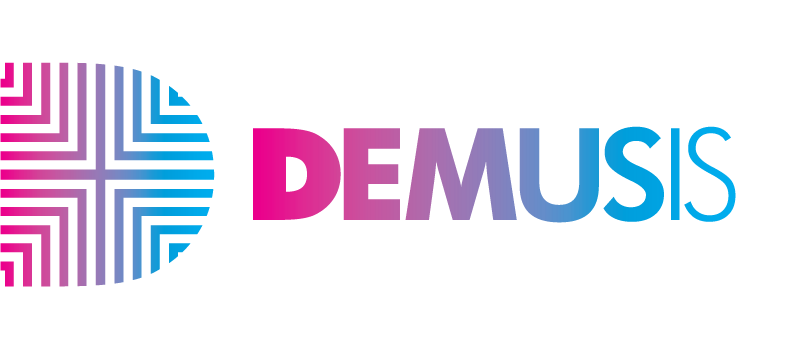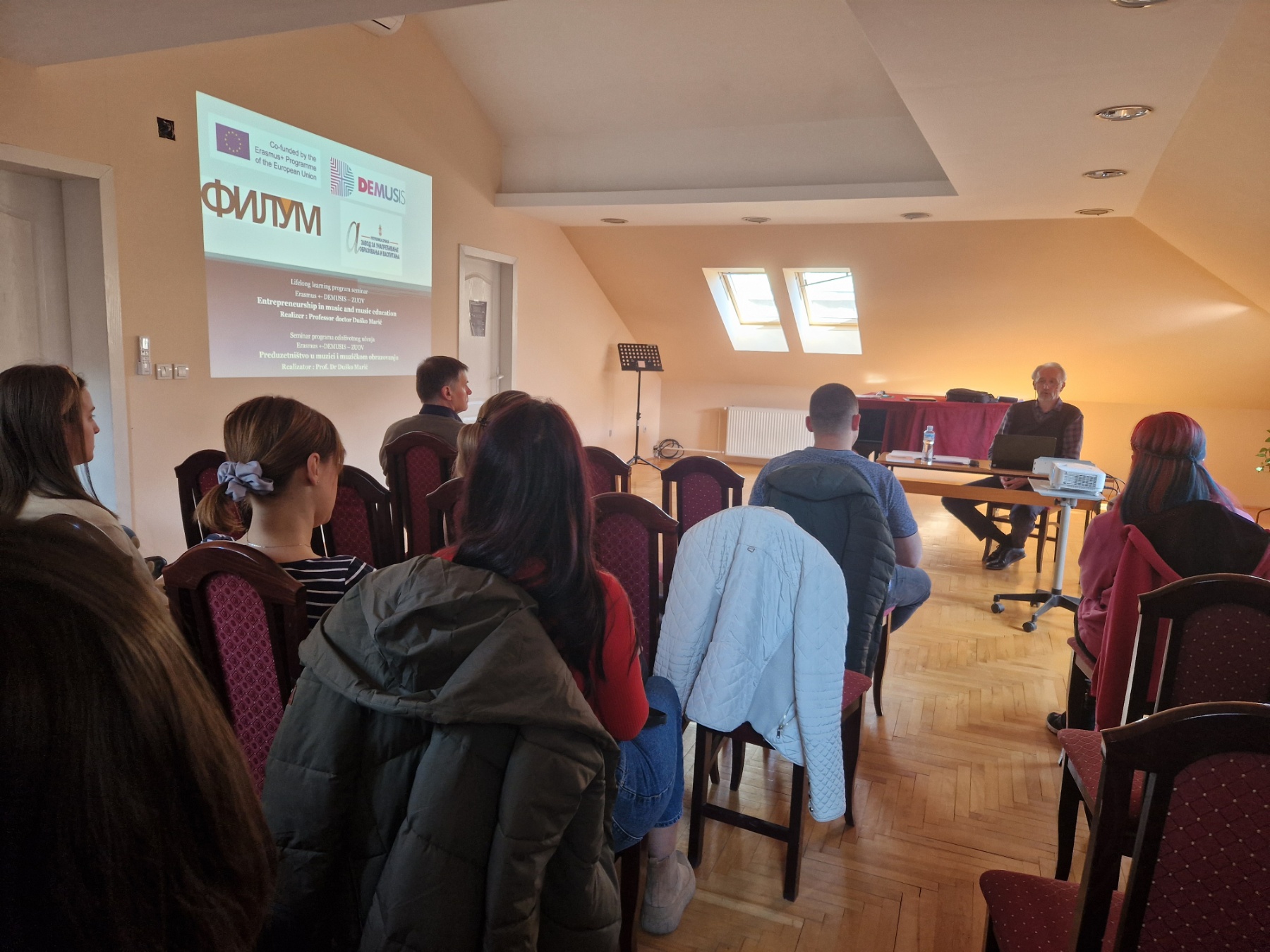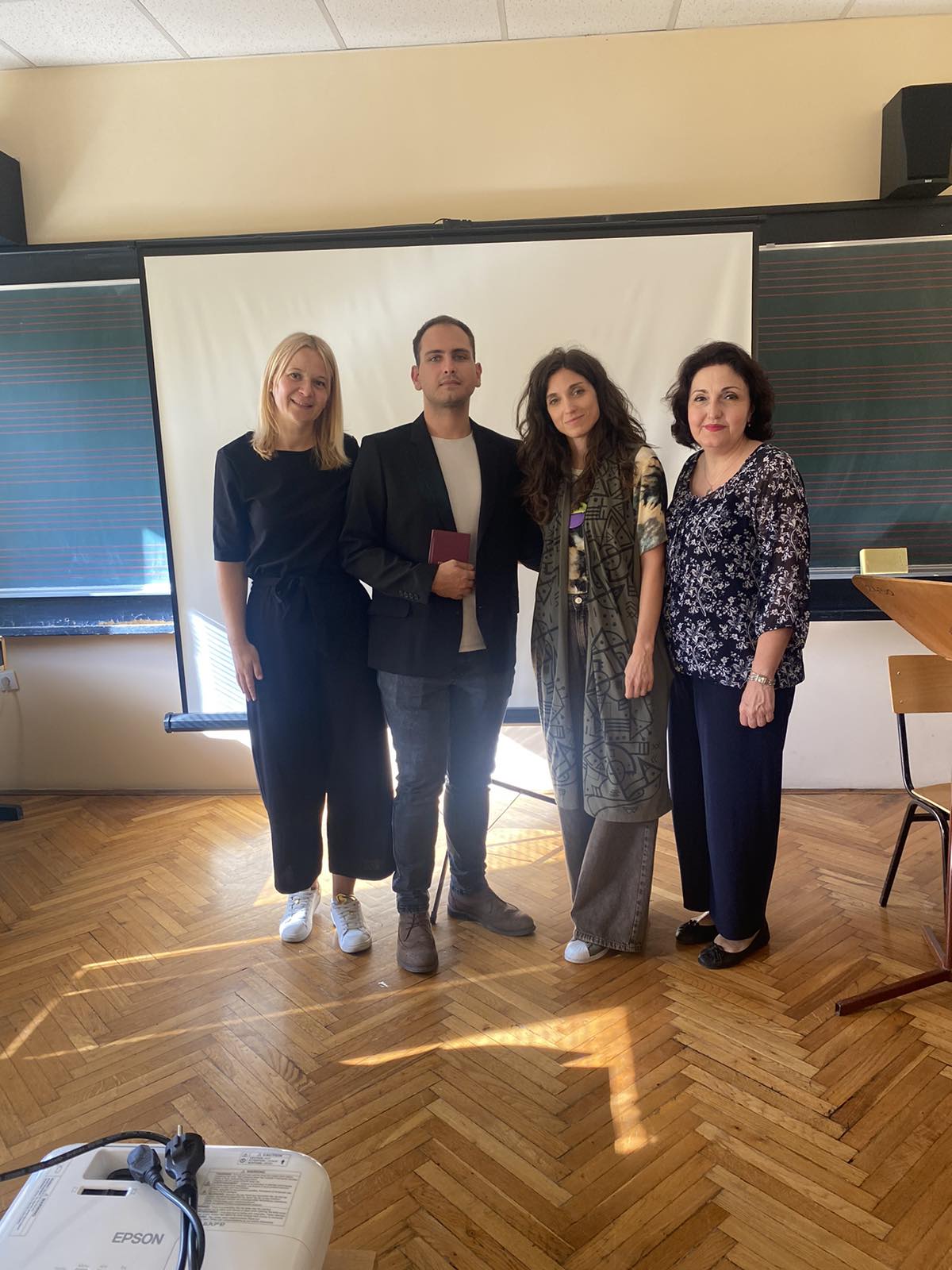In October 2023, a new generation of seven students enrolled in the Applied Research of Music (PRIMA) MA study program in the academic 2023/2024 year. During their one-year studies, students will integrate the application of knowledge, concepts, and methods in music research from the perspective of new technologies, entrepreneurship, and work with audiences in wider social contexts. Their final master projects will be original music projects.
We have spoken with our students about their impressions
“First of all, the PRIMA study program encouraged me to think in the direction of musical entrepreneurship. Previously acquired knowledge and experiences have been given a new form and a clear direction. The use of digital resources is an integral part of this study program provides a wide range of opportunities to distribute music on the market. My digital and entrepreneurship competencies contributed to shaping and transforming the idea that I presented through my final paper." (Nebojša Bogićević)
“I would recommend the PRIMA program to students who have an idea about their musical project, for which they would use the knowledge gained during their studies. I think that with a clear idea at the very beginning, knowledge is absorbed much easier and more efficiently, because the students can apply it in real time. I would also advise future PRIME students to be open, curious and to actively participate in the improvement (and thus the sustainability) of this program. I believe that from year to year the results of the involvement of professors and students in this study program will become more and more visible." (Iva Pažin)
“PRIMA program has given me knowledge and experience in the field of project writing, marketing, and media representation, which is necessary for everyone who professionally deals with music and who wants to be active in the field of culture. During my studies, I started working on my first music project within which I presented myself not only as an organizer of a music event, but also as a pianist. “(Sara Tasovac)
“I think this is one of the few study programs at our faculty that teaches us some practical things and skills, which I believe are more applicable in today's world, than the numerous theoretical knowledge that I personally acquired in my undergraduate studies. During my master' studies I also started working in the sphere of creating, organizing, and promoting artistic content, and many skills I acquired during my studies, such as marketing plan, editing multimedia content, and application of transmedia storytelling, were useful to me. In addition, teachers mostly come from practice and thus can convey their real experiences to students.” (Nastasija Stefanović)
“The PRIMA master program at the Faculty of Music in Belgrade is one of the best master studies one individual can attend and be part of. This program is most suitable for individuals who are eager to learn the fundamentals of music industry, business management and to extend their article writing skills. This is for the ones who want more out of music, to build relationships and extend their contact network, and for those who want to be a part of the new music industry era. During my time attending the classes I have met many great people, artists, and music directors. Attended many concerts and have been a part of the Belgrade Youth centre’s organization team along with my two other colleagues from the master class. All in all, a wonderful experience during the two semesters. “(Mladen Dimitrijević)
